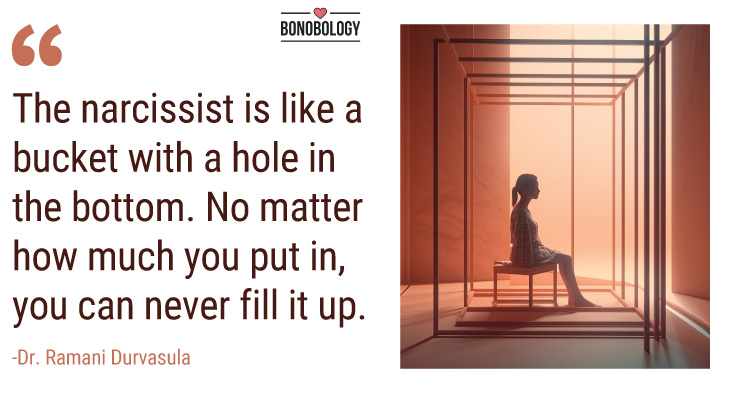A fight can be a good thing, sometimes
Table of Contents
Whether you are in the throes of newly wedded bliss or have been married for 20 long years, having disagreements or arguments along the way is almost a given, but it is a healthy part of any relationship and has a grounding effect on the relationship. It is also an indicator of how close or distant you are as a couple.
“Some arguing is necessary for a relationship,” points out Jane Greer, PhD, an NYC-based marriage and family therapist. “If you never make it clear that you disagree with one another, then the anger and resentment go underground and come out in retaliatory behaviours, which can weaken your relationship.”
Fight 1: How to spend the money, honey?
How and where to spend money, is a common argument that will erupt between couples at some point in their lives. Even the most compatible pairs can have differences on how to spend their hard-earned cash.
“I have couples argue over every aspect of their finances, whether it’s about travelling first-class or buying a Starbucks espresso every AM instead of just making it at home,” says Greer.
“This issue often goes deeper than whether or not you can afford something,” says Susan Heitler, PhD, a Denver marriage and relationship counsellor.
“It’s not really about spending money on designer clothing or sports cars—you’re fighting about values,” she says.

Related reading: He broke up with me and won’t return my money
Fight 2: How often to have sex
“This is the type of conflict that leads one person to have an affair which could pave the way for the dissolution of the relationship,” warns Susan Heitler.
Sex is an integral part of any relationship and getting our needs met within the confines of a relationship is essential. Sexless marriages are unhealthy and one needs to talk in-depth about one’s sexual needs to one’s partner and how frequently or infrequently one wants it. You should consider seeing a therapist if you are not able to resolve this amicably on your own.

Fight 3: How to express anger
We all express anger in different ways – some shout and others isolate themselves, while some fester over it for days, expressing it through little acts of resentment. It’s important to understand how each partner deals with anger and how it affects the relationship.
Susan Heitler advises, talk about it at a time when you’re both calm, and try to understand why one (or both) of you are so angry and how to express this emotion without a big explosion.
“Anger is a stop sign, so if you feel it, you need to pause,” she says.

Related reading: 10 things never to say in anger
Fight 4: Role of extended families
Setting up boundaries as far as your in-laws/parents/siblings are concerned can help avoid any conflict that may arise from things like your mother-in-law calling up precisely at dinner time or your sis-in-law discussing your marriage with her brother or your parents visiting for long periods. The key is to be respectful to your partner and talk about it.

The key is to be respectful to your partner and talk about it.

Fight 5: Sharing household responsibilities
This one can turn ugly if both the partners do not sit down and sort out their responsibilities to keep the house running. Laundry, dirty dishes, taking the dog out, groceries, etc. – the roles must be clearly defined.
Fight 6: When your partner goes jobless
This is a particularly vulnerable time and it’s important to set up each other’s expectations so that it doesn’t lead to more conflicts. Men deal with being jobless differently from women, so you need to be sensitive, empathetic to each other and know where you both stand to avoid getting depressed or broke. Once the understanding between partners is clear, you can sail through this period with resolve and calm.

Fight 7: When one partner is jealous
We all get jealous sometimes and it’s pretty organic in a romantic relationship. A little jealousy is harmless, but to pretend to hide it can cause resentment and distrust and is unhealthy. Best is to talk about it, reason out why you feel the way you do or your partner feels and express your true feelings, even if it leads to an argument.

Fight 8: How one partner behaves
We all have expectations about how we want to be treated, when alone with our partner and when in a group. Most of the times couples fight because the partner’s behaviour falls below their expectation level.
They may handle themselves around members of the same sex differently than what you expected. Or the jokes they crack may leave you shocked. Or how they speak about you to other people may leave you disappointed and disgusted.
Arguing is a good thing and communicating your feelings will help avoid big fights over this.
Your contribution does not constitute a charitable donation. It will allow Bonobology to continue bringing you new and up-to-date information in our pursuit of helping anyone in the world to learn how to do anything.























No couple really wants to fight, but it just happens sometimes. Whether you hate it or not, you’re going to argue with your significant other once in a while. It’s natural to have disagreements in a relationship, however, it can be hard to know whether your level of fighting is healthy or unhealthy.
Just don’t panic. Argue, talk it out and sort it out!